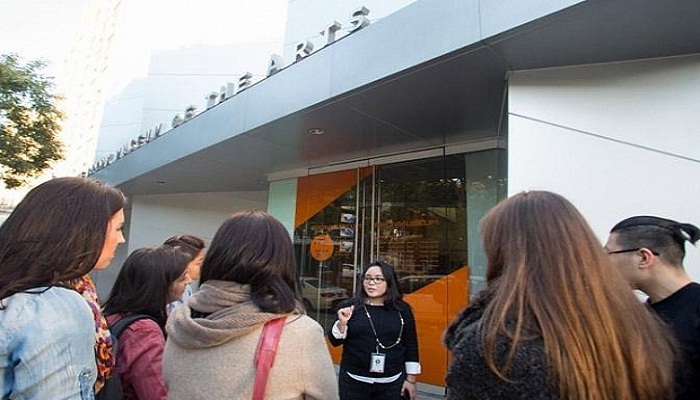FIT redesigns its art market Master’s programme with the aim of diversifying the field
YemenExtra
The Fashion Institute of Technology (FIT), part of the State University of New York, has revamped its Master’s programme in art market studies in an effort to “better reflect the realities of the evolving art market, and to make the programme more accessible and inclusive,” says Natasha Degen, the department’s chair. Coming on the heels of Mayor Bill de Blasio’s first “cultural plan”, which dictates that future funding for the city’s museums and arts institutions will be determined by the diversity of their board members and staff, the programme aims to “curb socioeconomic and racial inequity in the field, providing students entry to a professional network without asking them to incur significant debt,” Degen adds.
Starting this autumn, FIT has reduced tuition fees for the programme, which was originally founded in the late 1980s as a Masters class in gallery administration, by 25% by condensing the curriculum from four to three semesters. Total tuition fees for the programme are now $18,000 for in-state students and $36,000 for out-of-state students (in comparison, a three-semester MA in art business at the Sotheby’s Institute, New York, costs nearly $76,000). The school also plans to offer graduate fellowships.
Some added modules include coursework on the business of art auctions; global art production and exchange, specifically focusing on the collapse of the middle market and the rise of online sales; and a practicum course that provides students a budget to curate and mount their own exhibitions off-campus. Students can also customise their curriculum and may select classes from other FIT Master’s programmes.
As well as broadening alumni diversity, the changes aim to instil a more practical framework in a programme that was primarily focused on the gallery world, recognising that art auctions comprise around 50% of the current market share. “While it’s vital for the programme to be grounded in history and theory, we have a responsibility as a state university to be somewhat practical as well”, Degen says. “Students must understand traditional business models while anticipating the seismic shifts ahead.”

